Research Projects
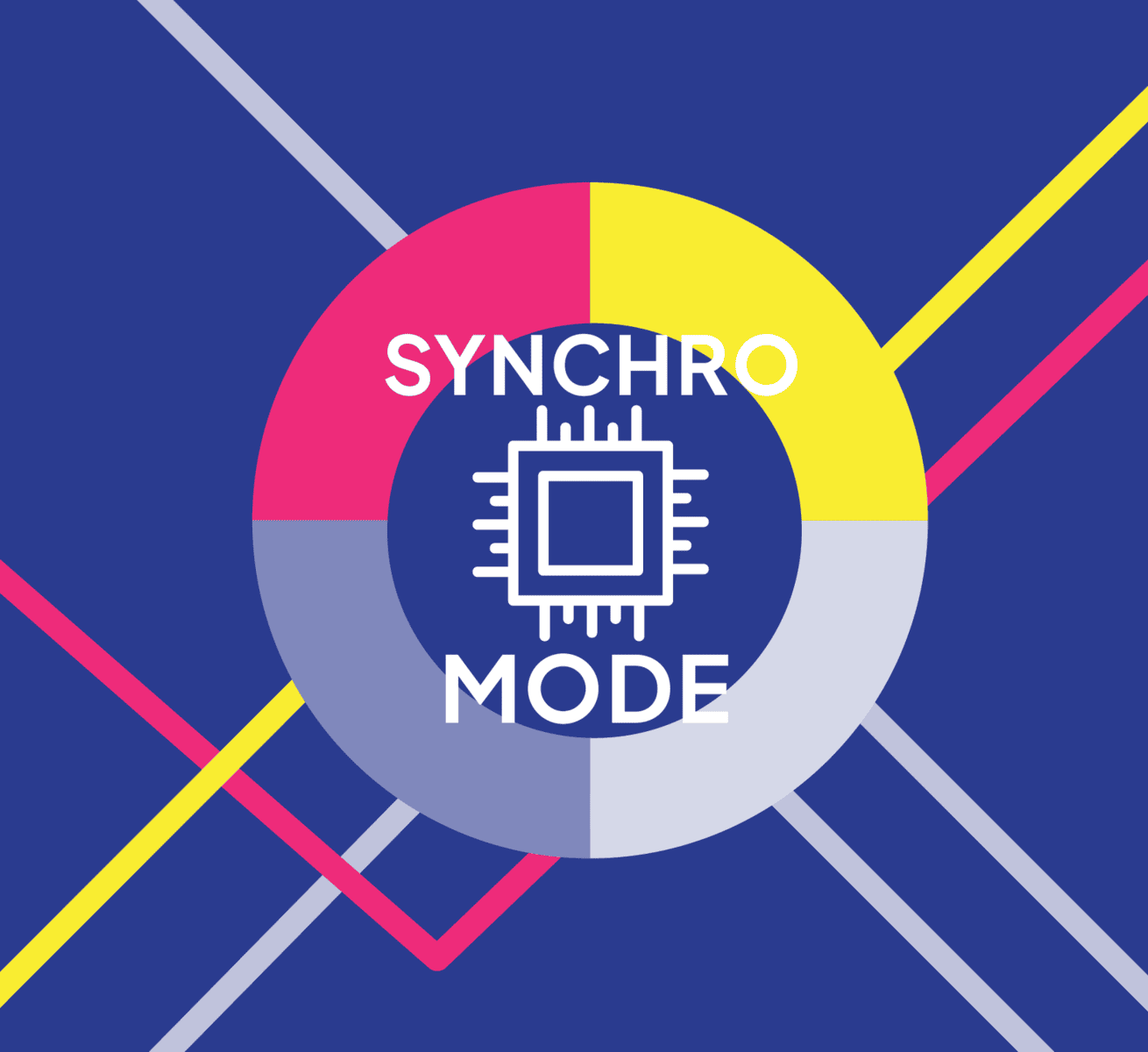
Advanced traffic solutions for synchronized and resilient multimodal transport services
Funder: Horizon Europe; Budget: £4.3m; Timeline: 2023-2027
SYNCHROMODE aims to develop a data-driven ICT toolbox for improving the management of transport operations from a multimodal perspective, in order to manage the transport network as a whole. SYNCHROMODE will provide transport managers with new predictive and network optimization capabilities for balancing the transport supply and demand, enabling the efficient reaction to different types of events. SYNCHROMODE will demonstrate via well-chosen case studies the effectiveness of integrated multimodal and multi-actor traffic and transport management solutions and the SYNCHROMODE toolbox, able to balance the demand load of both people and goods and at the same time reduce individual journey times.
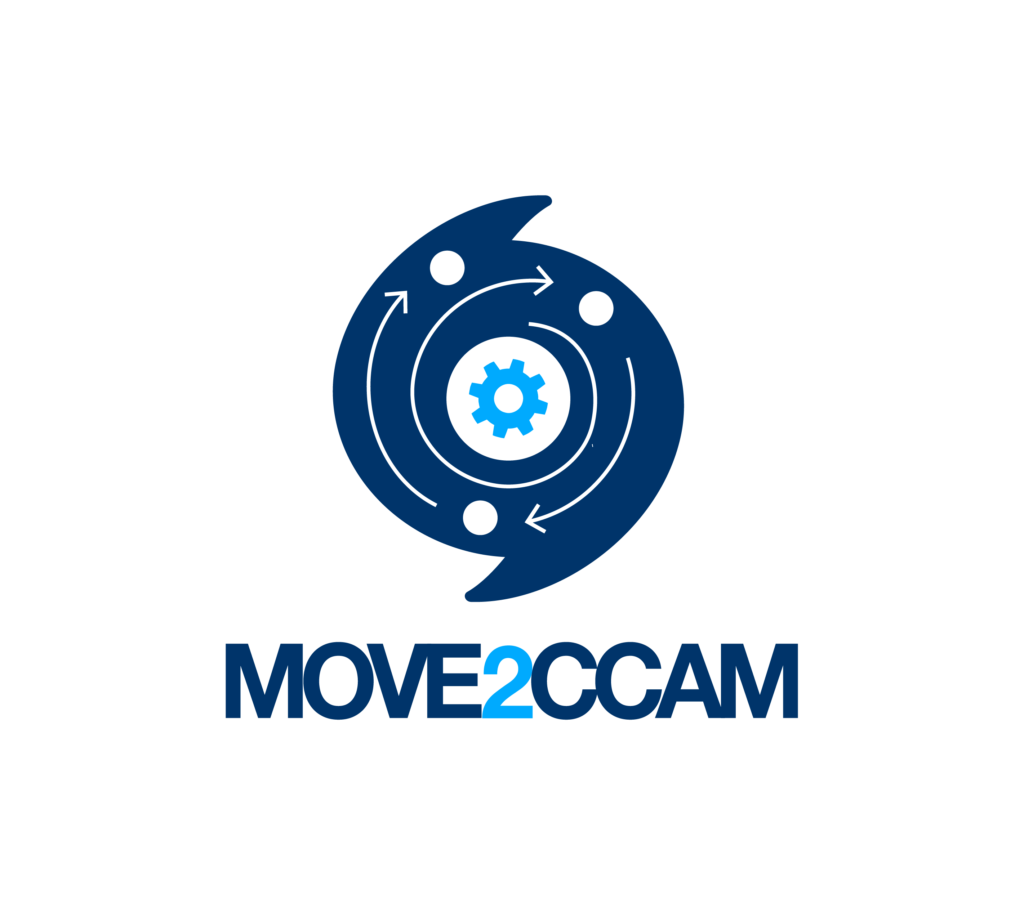
MethOds and tools for comprehensive impact Assessment of the CCAM solutions for passengers and goods
Funder: Horizon Europe; Budget: £3m; Timeline: 2022-2026
In the future, vehicles will interact directly with each other and with the transport infrastructure. However, little is known about the potential impact and implications of integrating cooperative, connected and automated mobility (CCAM) solutions. The EU-funded Move2CCAM project will examine the impact of CCAM passenger and freight solutions and define use cases, business models and key performance indicators by engaging in co-creation actions with a network of actors across the entire CCAM ecosystem. It will also create an impact assessment tool to evaluate the effect of CCAM interventions on mobility, society, the economy, public health and the environment.
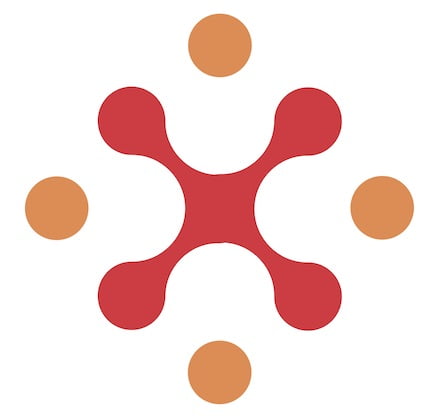
Holistic Approach for Providing Spatial & Transport Planning Tools and Evidence to
Metropolitan and Regional Authorities to Lead a Sustainable Transition to a New Mobility Era
Funder: Horizon Europe; Budget: £4.3m; Timeline: 2023-2027
New mobility services and technologies represent a promising solution to meet the European Union’s target to reach net-zero emissions by 2050. Moreover, the lately evidenced rapid innovation cycles and the changing urban conditions, as well as unexpected events (such as the COVID-19 pandemic) have resulted in an urgent need for disruptive solutions improving citizens’ wellbeing and achieving environmental targets. As a result, metropolitan authorities are striving to integrate multiscale spatial and transport planning tools which to explore and evaluate such solutions.
In this context, the H2020 project HARMONY’s vision is to enable metropolitan area authorities to lead a sustainable transition to a low-carbon new mobility era, by developing a Model Suite (MS) that harmonises spatial and multimodal transport planning models allowing HARMONY MS users to comprehensively model the dynamicity of the changing transport sector and spatial organisation in urban and regional areas.
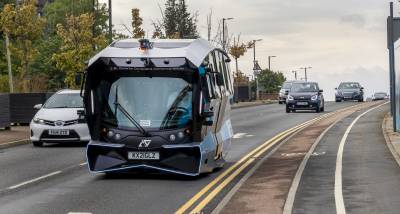
The Great Self Driving Exploration
Funder: UK Department for Transport; Budget: £1.1m; Timeline: 2022-2023
The DfT funded “Great Self Driving Exploration” project aims to explore how we currently travel, how we could travel in future, and understand how self-driving vehicles could help to meet those travel needs. Through this project, we expose people to self-driving vehicles in the most realistic way: participants are introduced to this cutting-edge technology and are invited to ride on a self-driving shuttle and a self-driving pod. Throughout their experience, we documents their emotions, feelings, and views through unique technologies in the field to better understand acceptance and potential adoption. In addition, rigorous educational materials are being developed using behavioural principles, and robust cognitive testing groups and deliberative dialogues are accompanying these trials to raise awareness and improve understanding of this new mobility technology.
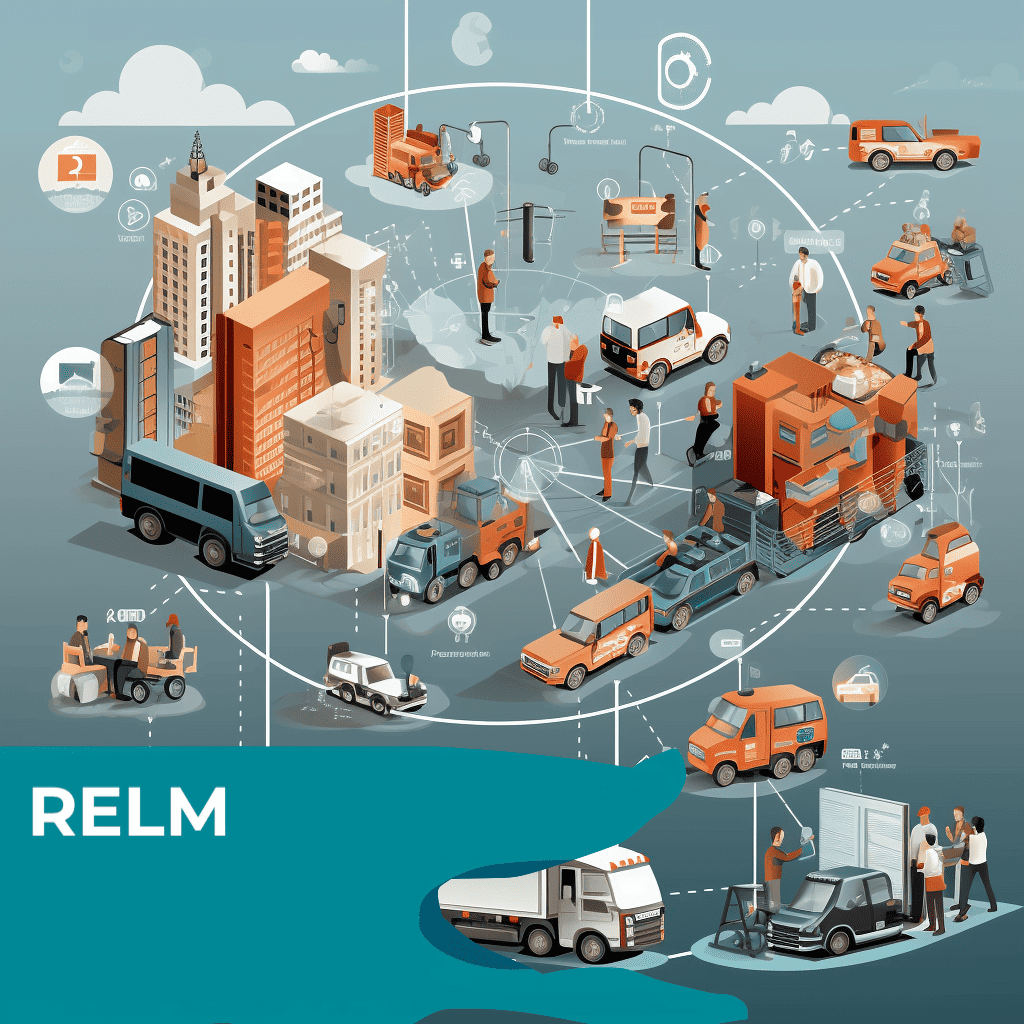
RELM: Reducing Emissions of Last Mile
Funder: UCL; Budget: £9k; Timeline: 2021-2022
City Logistics play a fundamental role in the economic development of cities. At the same time, the rise of e-commerce and home-deliveries is creating additional congestion, causing several externalities. The overall aim of this project is to establish an open source evaluation framework, coupling optimization and simulation for innovative last mile (LM) deliveries. RELM provided an exploration of the effects of innovative LM delivery to emissions and energy consumption, taking into account demand-supply interactions, something that to the best of the applicant’s knowledge is missing.
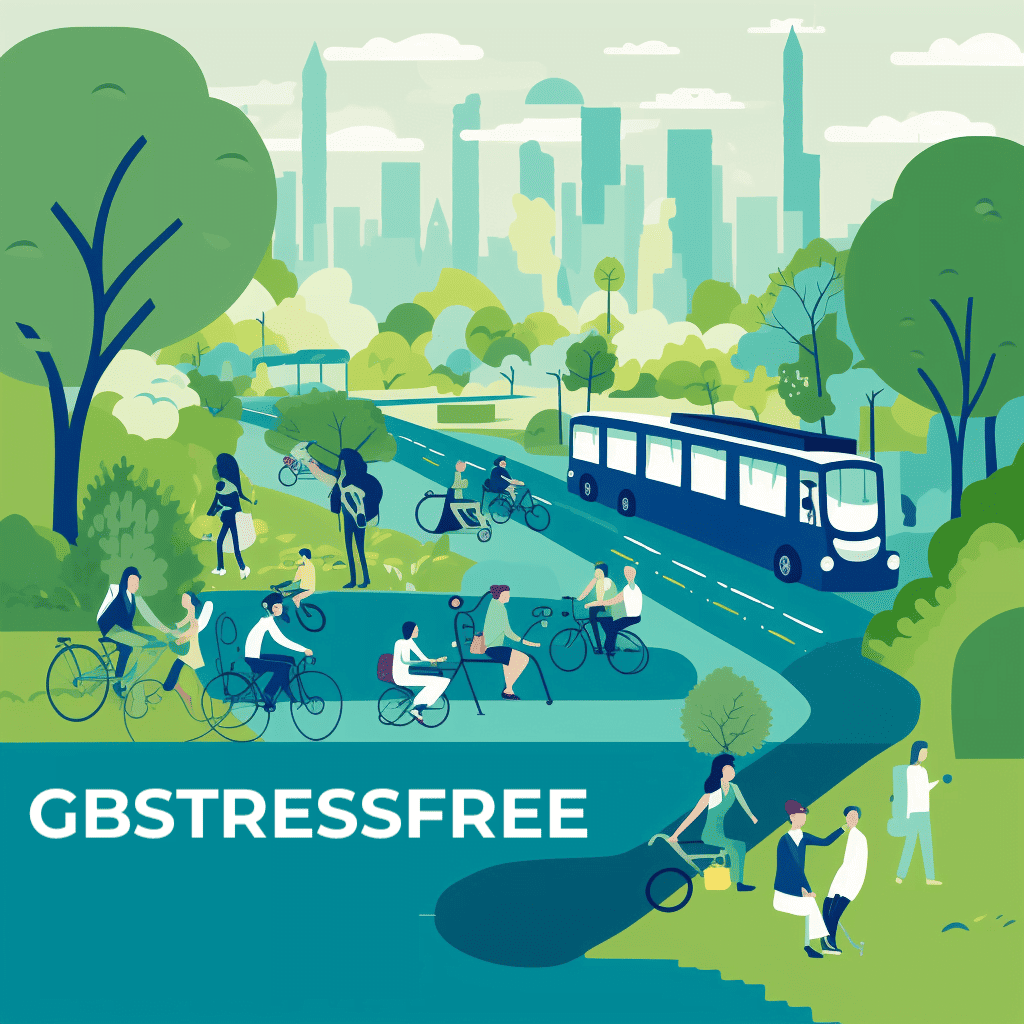
GBStressFree: Reducing Emissions of Last Mile
Funder: UCL; Budget: £6k; Timeline: 2020-2021
The profound effects of commuting on health and well-being have attracted interest from many research communities and media outlets. Long commutes are associated with chronic stress, physical and emotional exhaustion, and other psychological and behavioural consequences. At the same time, research suggests that green-blue spaces can have positive effects on health and well- being, for example, by reducing stress levels. The aim of our study was twofold: first, to highlight the positive impact of green-blue spaces on people’s well-being, by running a pilot experiment; second, to define a ‘stress-reducing’ route planner.